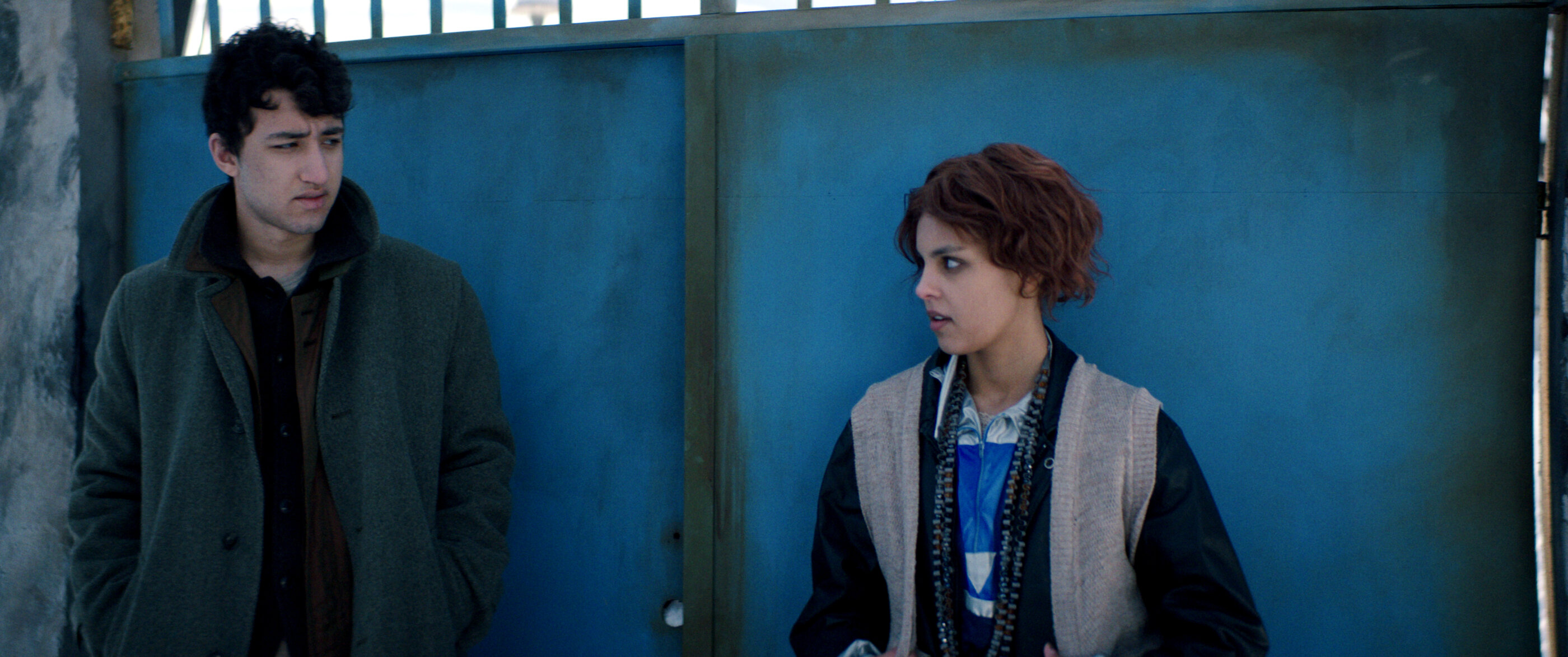The Norwegian drama which had its world premiere at Toronto’s Centrepiece September 11, is his most ambitious film to date.
As in many of Zaman’s earlier films, from his breakthrough film Bawke (2005) – to the Dragon Awards wins for Best Nordic film for Before Snowfall and Letter to the King, A Happy Day depicts the fate of refugees, and draws from the director’s own experience. “I was a refugee between the age of 10 to 17, moving around from country to country with my family,” stresses Zaman.
The story tells of three teenage boys, stuck in limbo, at a remote asylum centre in icy northern Norway. You have the poetic Hamid, sensible Aras and easy-going Ismail. They know that once they turn 18, the Norwegian state will throw them out of the country with a 23-kilo suitcase. So the trio hatch an escape plan-they will go beyond the mountains where a new life hopeful awaits. But their plan and even their friendship is rocked when Hamid falls for Aida.
Zaman said the idea for the story first came to his mind during the 2015 European refugee crisis, when he witnessed from his window Norway’s difficulty to cope with the thousands of newly arrived asylum seekers. “I was observing this, feeling hopeless, when I started to think of a possible way to tell their stories. This is when I saw a new angle by focusing on unaccompanied minors,” the director told us, ahead of the film’s world premiere in Toronto.
“Some unaccompanied minors arrive aged 15, they get a rejection letter from the government at 16, then they get a chance to appeal aged 17, but the system in place waits for them to be 18 to throw them out“, the director pointed out.
To highlight the controversial treatment of young asylum seekers in Norway, the director focused on the absurdity of the situation, infusing the serious topic with a comically-absurd tone, lightness, warmth, even joyfulness. “Although it’s a harsh story as the three boys face deportation, they are like any other kid in the world, living every day to the fullest, with the recklessness that comes with youth. The irony is that the boys are almost more afraid to turn 18 than to be thrown out of Norway. I wanted to give warmth to this bleak situation,” said Zaman who enriched his cinematic palette with poetry and fantasy images.
“When I write I insert a bit of me in every character, therefore Hamid the poet is definitely close to me. I love poetry – Norwegian, Iranian, Kurdish, such as the classical poets Nalî and Mahwi.”
By focusing – on the human aspects, the boys’ universal dreams of a better life and falling in love, the director’s intention was also to show that refugees are “more similar than different from us”.
Through his research and long hours spent with minors in Norwegian refugee centres, what struck him is that “refugees do form an integral part of Norwegian society, much more than the system wants to believe,” he observed.
To provide authenticity to the characters, Zaman drew from his experience of working with amateurs and together with casting agent Nina Erdahl, set on a hunt at various schools and hang out places for teens. He found Salah Qadi who plays the main character of Hamid at a bus stop. “He was skipping school that day with his friends,” Zaman stressed.
As filming was delayed by more than a year due to Covid, the director was able to spend more time in rehearsals and acting workshops with the youngsters. “I usually use a naturalistic approach to character-building. I tell the amateurs that the best way is not to act, just to be,” said Zaman, who hopes the young actors’ natural way to convey emotions will go straight to the hearts of audiences.
“I want people to reflect on the boys’ fate, but also to be moved and entertained,” insists Zaman, who also used the dramatic setting of Northern Norway to enhance the narrative.
Filming took place in Filmcamp, at Måselv municipality, where Zaman shot his earlier film Before Snowfall. “We used anamorphic lenses, and with my DoP Lukasz Zamaro we worked closely on the light to build a contrast between the icy landscape and warmth surrounding the main characters.”
The shooting of only 1-2 images per scene was another trick “to create pace and the notion of time moving slowly.”
“The film is about waiting“, stresses Zaman. “Waiting to turn 18, waiting for love, waiting for a better life.”
REinvent handles sales.

